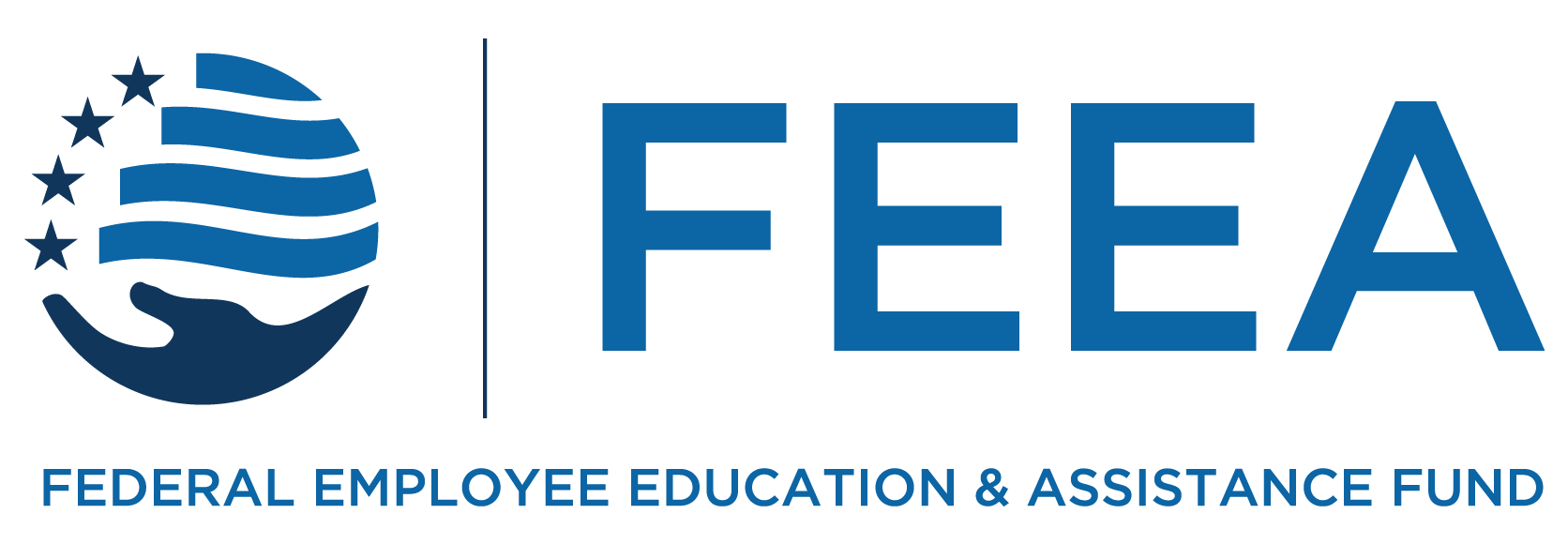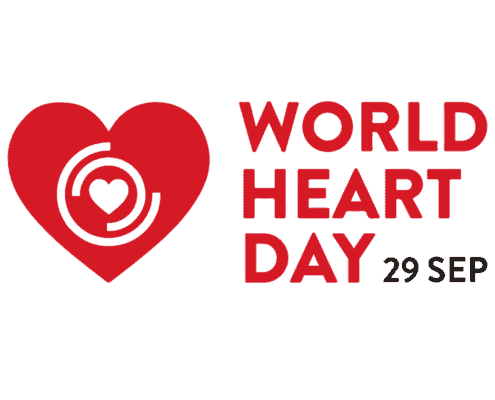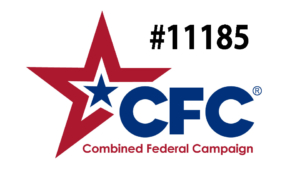I recently sat down with Robert Freedman, a partner at Tarter, Krinsky, and Drogin, to discuss how one can best help navigate a loved one’s estate if they don’t live in the same state. This #FedLifeHacks topic was suggested to FEEA by a federal employee who had to navigate these same issues and thought others would benefit from this information. If you have a subject you would like us to tackle in a future #FedLifeHacks article, email it to us at fedshelpingfeds@feea.org.
JOYCE: Robert thanks so much for sitting down with me to discuss this important topic. What are the most common estate documents someone should prepare for themselves, or encourage a loved one to prepare, and what is the purpose of each of them?
ROBERT: Joyce, everyone needs:
- a HIPAA Medical Privacy Release, which authorizes your medical provider to share your records with and discuss your medical condition with designated agents. It does not give decision-making authority;
- a Health Care Proxy (also called Medical Power of Attorney), which appoints an agent to make medical decisions if you cannot make them yourself;
- a Living Will, which provides your wishes for end-of-life decisions; and
- a Durable Power of Attorney, which appoints an agent authorized to handle legal and financial matters on your behalf.
These are all to protect you in case of future incapacity.
Everyone also need a Last Will and Testament, which provides instructions on the distribution of your assets after your death, and Designation of Beneficiaries forms, for life insurance companies, banks accounts, etc. These documents provide for the distribution of your estate.
JOYCE: I know some estate matters are not necessarily the same in every state. What are some of the most common estate legal matters that might vary from state to state? How does someone find out what the laws are in a particular state?
ROBERT: Most information for individual states is available online if you search the document type and state (and always a good idea to look at multiple reliable sites). Generally, the health care documents are acceptable in every state. Powers of Attorney vary by state and you need one for the state you live in and other states if you own real property in them.
Requirements for a Will vary from state to state and your Will should be done in your state of legal residence. All states allow designation of beneficiary forms.
JOYCE: I’m guessing given those matters it’s important to update estate documents if you move. What if someone lives in two states, say winter in one state and summer in another?
ROBERT: Health care documents are good in both states. You may need to do Powers of Attorney in both states. You should do your Will in the state that is your legal domicile. Usually, that is where you pay taxes.
FEDLIFEHACKS Out-of-State Estate Issues
[Video Start]
[Video presented with written slides in English]
[music]
[FEEA #FEDLIFEHACKS logo with a light bulb at the top encased by a blue box.]
How do you navigate estate issues from out-of-state?>
[A drawing of a map of the continental united states with state boundaries]
[An image of an Estate Planning Law book along with a gavel and a pair of glasses.]
What documents are needed?
- HIPAA Medical Privacy Release
- Health Care Proxy
- Living Will
- Durable Power of Attorney
[An image of the back of a caucasion women working on a computer.]
How do I find out the laws in a particular state?
Most information for individual states is available online if you search the document type and state – and it’s always a good idea to look at multiple reliable sites.
[an image of a Black female lawyer with law books on a shelf behind her.]
What if my loved one doesn’t have the necessary documents?
Look for an attorney in their state with an expertise in Elder Law. They can assist your relative in creating the documents, or advise you if your loved one is incapacitated.
Look for an attorney in their state with an expertise in Elder Law. They can assist your relative in creating the documents, or advise you if your loved one is incapacitated.
[An image three pair of Caucasion hands in the middle of a table pointing and getting ready to sign a piece of pape.]
Are there lower cost options for preparing documents?
Local legal services for the elderly may be able to help, or a local Bar Association may have a pro-bono panel or a list of reduced-fee attorneys.
[A stack of a few old photos on top of a document that reads, “WILL”]
What if my relative dies without a will?
You will have to go through the courts to settle the estate and may need to hire an estate attorney in the state where they lived.
for more information on this topic, visit feea.org/estate
The Federal Long Term Care Insurance Program logo.]
FEEA thanks FLTCIP for contributing to our #FedLifeHacks program
[FEEA #FEDLIFEHACKS logo with a light bulb at the top encased by a blue box.]
[music]
[Video End]
JOYCE: We’ve written before about planning ahead for remote caregiving. If the person who needs care does not have the estate documents you mentioned above (ex. power of attorney) in place already, what recommendations do you have for the family member trying to assist from afar?
ROBERT: Have your family member retain an attorney in the state where they live. You can assist from afar. The attorney would represent your relative and advise them and prepare the legal documents. The client has to understand the documents and what they do. Look for an attorney who does Elder Law in that state. They can also advise you on next steps if the family member is already incapacitated.
JOYCE: What if a loved one passes away without a will and they live out of state? What would be the most common steps to settle the estate for someone who doesn’t live close by?
ROBERT: In that case, the surviving loved one would have to go to court. Some courts will help a person to file pro se (without a lawyer) otherwise you need to hire a local estate attorney. Distributees from the estate are usually the closest relatives, but the definition of who is a distributee may vary from state to state. The entire process would likely take weeks or months. The attorney is usually paid from the estate’s assets before the remaining estate is distributed.
JOYCE: If someone has limited income and assets, is there a lower-cost way for them to put some key estate documents in place?
ROBERT: You can do all of the health care documents without a lawyer. But should have it witnessed. In many states, you really need a lawyer to do a power of attorney. If so, a local legal services for the elderly may do it for you, or a local Bar Association may have a pro bono panel or a list of reduced-fee attorneys.
JOYCE: Are there any other things to think about before preparing those documents?
ROBERT: The most important thing is to determine who will take care of you or oversee you care if you become incapacitated and set things up so they can do it if needed. Someone you trust will look out for you. Doing the legal documents while you still have capacity and selecting the person who will look out for you and letting them and other family members know what you have done will make it easier for everyone.
Federal employees have another resource available to them, and their eligible family members, an optional benefit for Federal Long Term Care Insurance (FLTCIP) that was established by Congress in 2000 and is overseen by the U.S. Office of Personnel Management. If approved, and depending on the policy selected, FLTCIP can offer coverage for in-home care, care by friends or family members, adult day care, home modifications, care coordination, caregiver training, assisted living and nursing care facilities. Like most insurance, you have to enroll before you need it.
More from FEEA
Subscribe to FEEA’s Newsletter
Would you like to reprint this piece in your agency human resource, federal employee association, or union local newsletter? You can do so at no cost by contacting admin@feea.org with your request.
The information provided in this piece is for your convenience and informational purposes only and not to be construed as professional advice. FEEA and its coauthors and sponsors are not liable for any losses or damages related to actions or failure to act with regard to the content in this piece.














